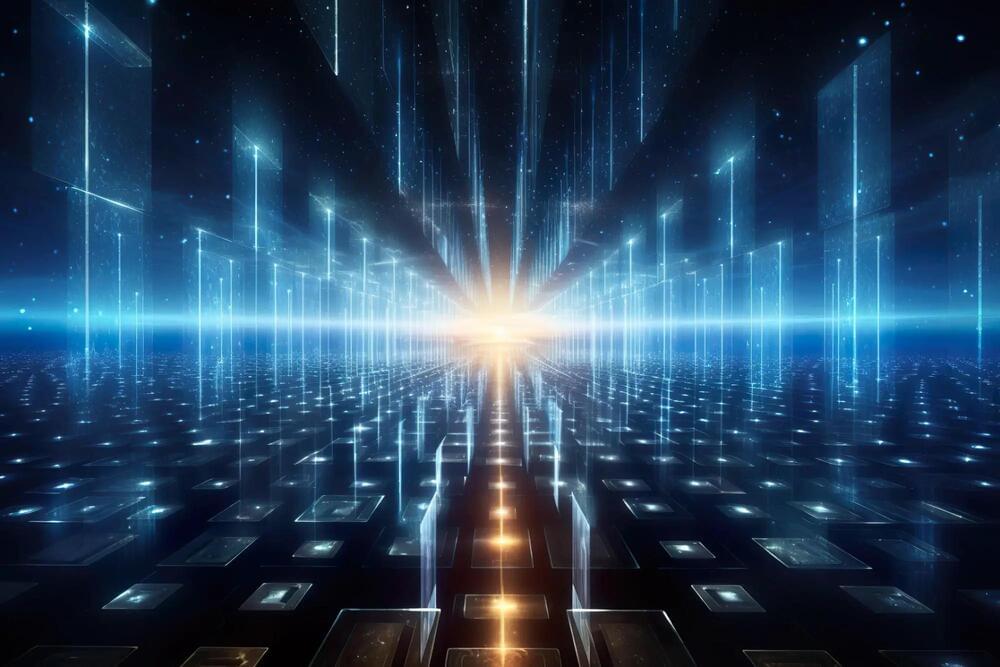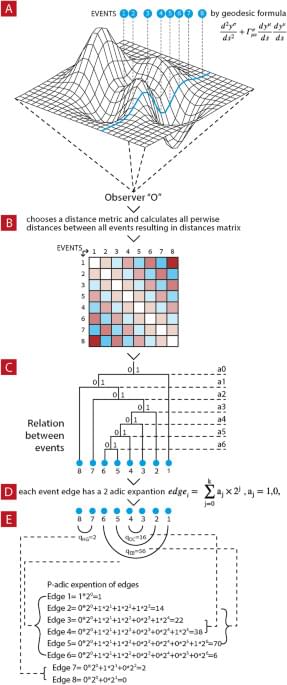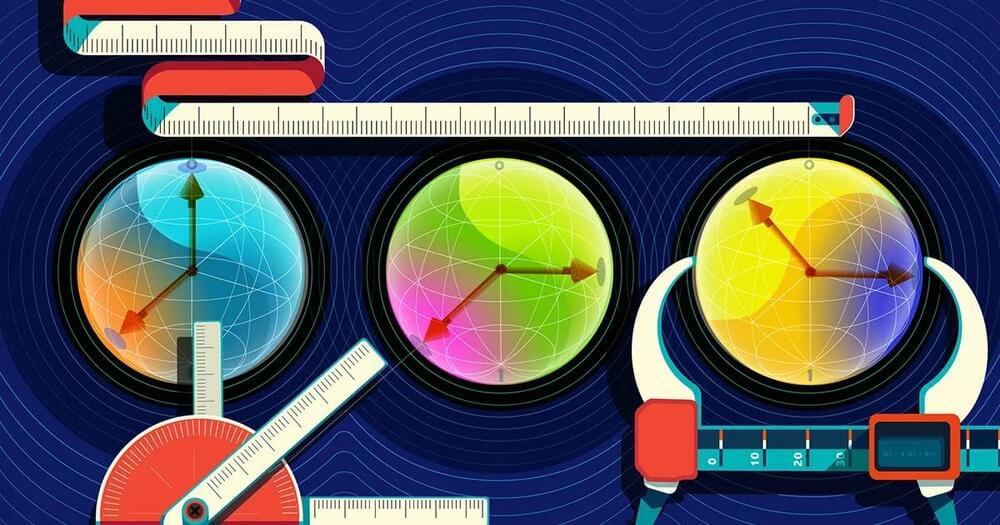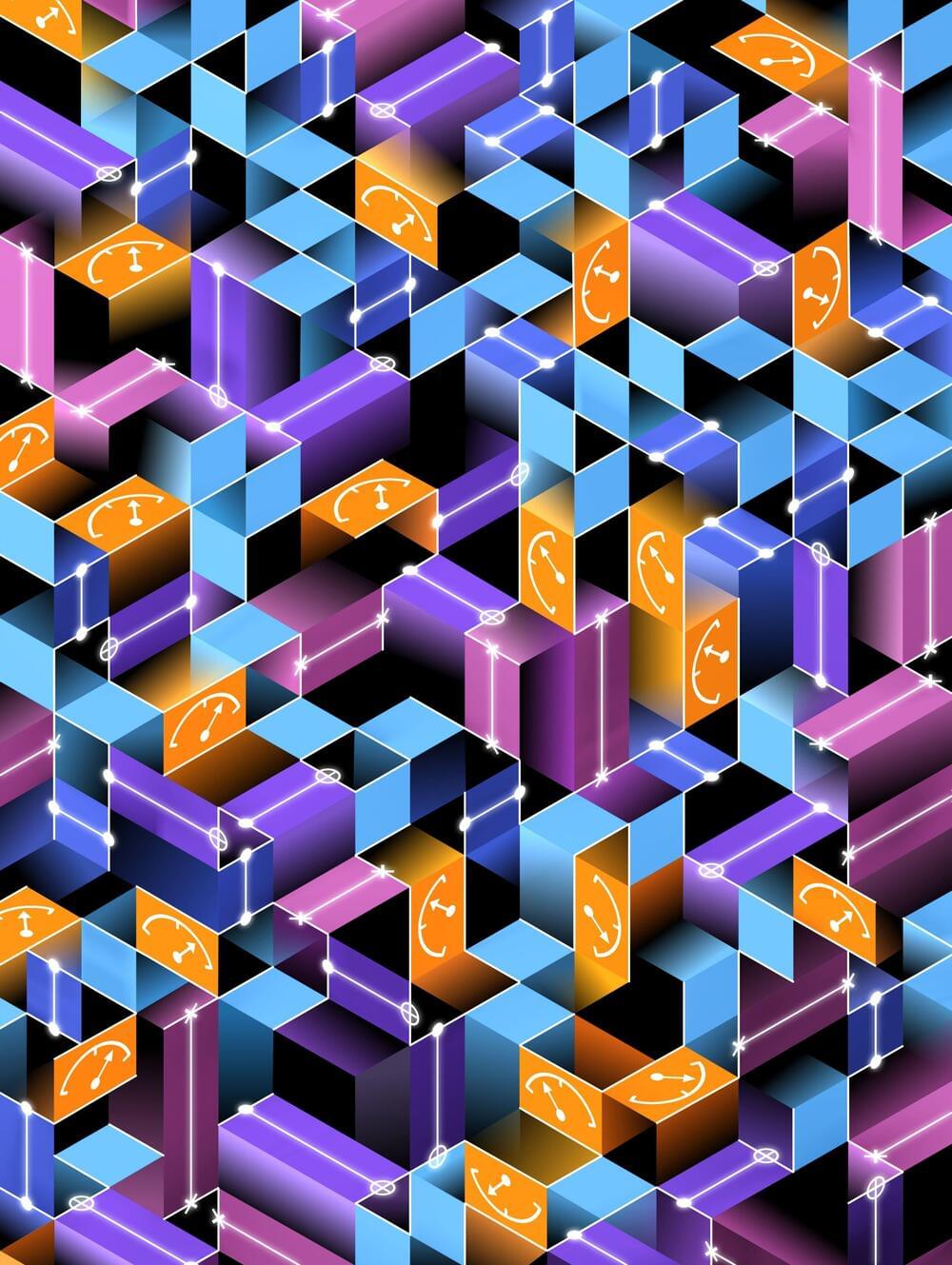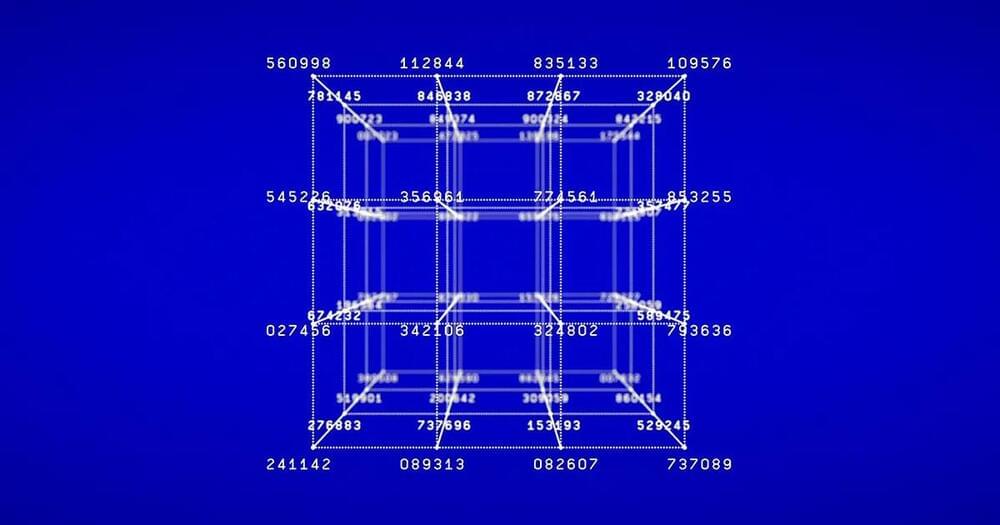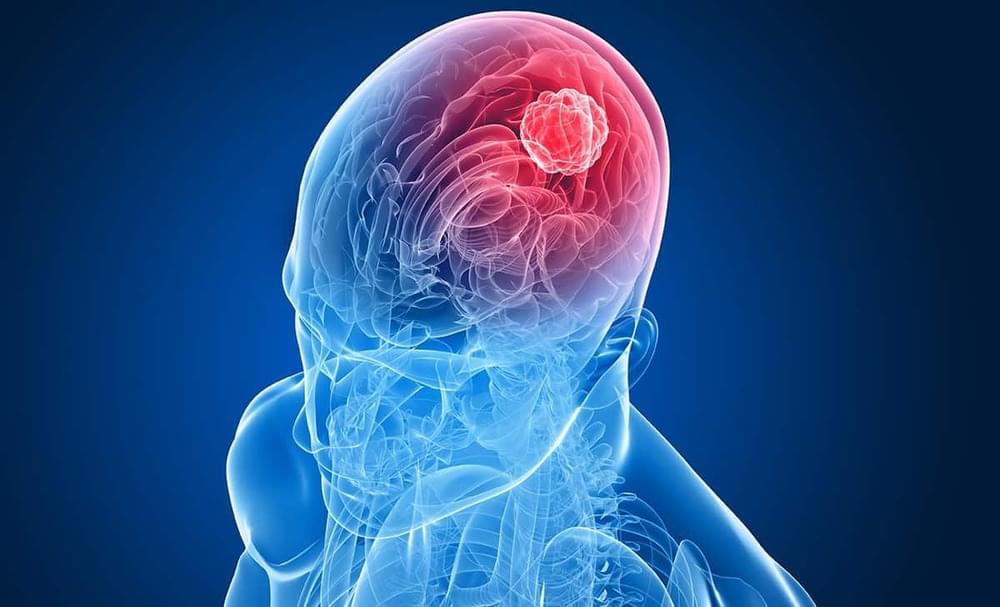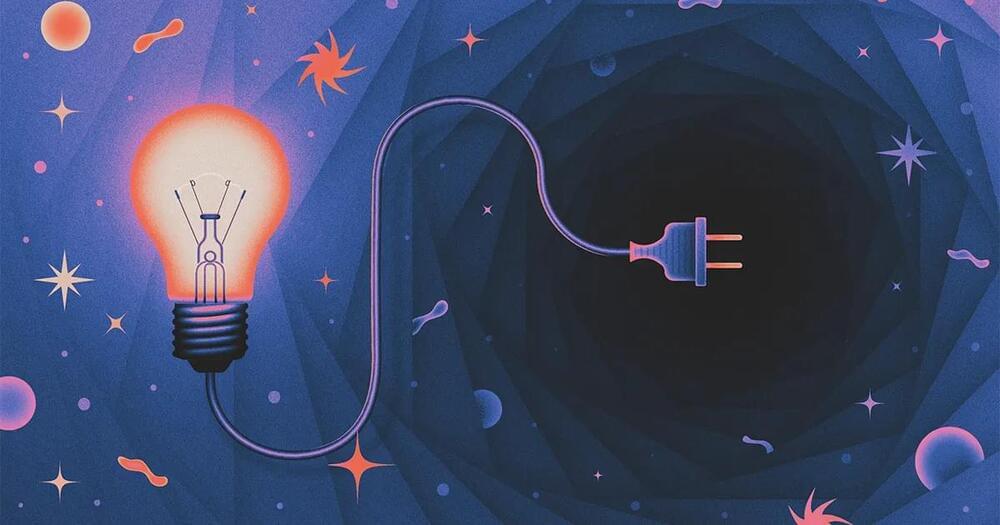Quantum teleportation enables the transfer of quantum information to distant locations through the use of quantum entanglement and classical communication. This concept has been realized in various quantum light systems, ranging from laboratory-based experiments to practical real-world tests. Notably, by utilizing the low-Earth orbit Micius satellite, scientists have successfully teleported quantum information over distances exceeding 1,200 km. However, there hasn’t been a quantum teleportation system yet whose rate can reach the order of Hertz. This hinders future applications of the quantum internet.
In a paper published in Light Science & Application, a team of scientists, led by Prof. Guangcan Guo and Prof. Qiang Zhou from the University of Electronic Science and Technology of China (UESTC) cooperating with Prof. Lixing You from the Shanghai Institute of Microsystem and Information Technology of the Chinese Academy of Sciences, have improved the teleportation rate to 7.1 qubits per second for the first time based on the “No. 1 Metropolitan Quantum Internet of UESTC”.
This presents a new record for the quantum teleportation system over metropolitan range.
